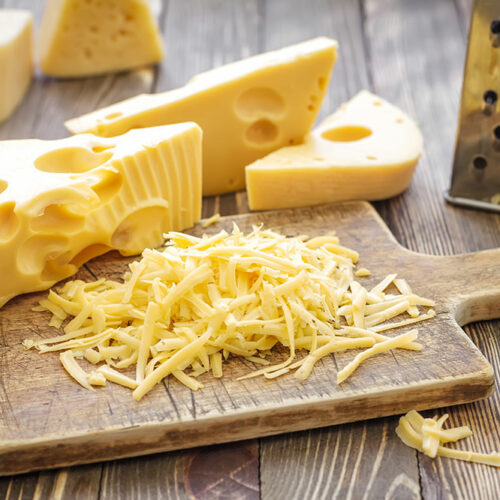Beneficial and harmful foods for Parkinson’s disease patients

Parkinson’s disease is a neurological disorder that occurs due to damaged nerve cells, which causes an imbalance in the dopamine levels in the brain. Nearly 1 million Americans are diagnosed with Parkinson’s, a condition closely related to the dopamine levels. So, apart from being aware of the symptoms and the treatment options for the disease, it is imperative for patients to make the right dietary choices to get relief from the symptoms. Foods to eat with Parkinson’s disease Here are some foods that should be eaten to keep the symptoms at bay: Foods rich in antioxidants Eating foods rich in antioxidants can reduce oxidative stress, which is defined as the imbalance between free radicals and antioxidant defenses. When a person has Parkinson’s disease, the reduced dopamine levels can result in tissue damage, but foods rich in antioxidants can help alleviate this. Some antioxidant-rich foods that should be included in the diet are tree nuts, walnuts, Brazil nuts, pistachios, pecans, blueberries, goji berries, blackberries, cranberries, spinach, and kale. Omega-3-rich foods Foods like salmon, oysters, halibut, soybeans, kidney beans, and flaxseeds are rich in omega-3 fatty acids, which can help improve cognitive function. Regularly consuming these can help relieve symptoms like confusion and dementia, which are commonly associated with Parkinson’s disease.






